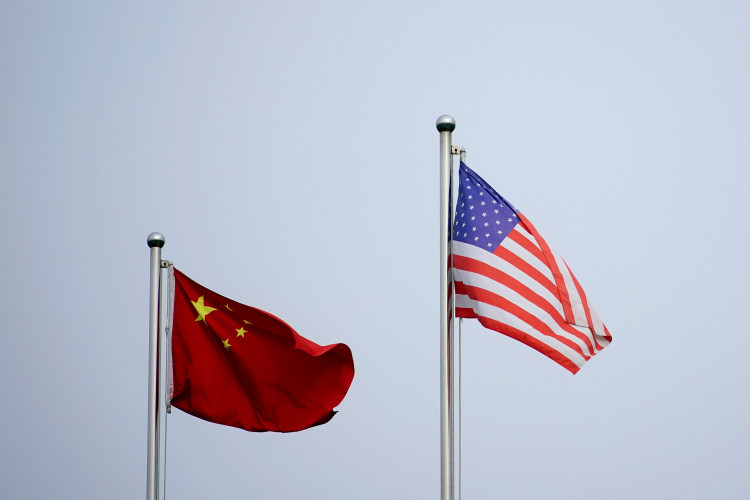As COVID-19 levels in Shanghai surge, the U.S. State Department has ordered non-emergency government personnel to vacate the city.
The order came only days after Washington announced all non-emergency staff and family members of the U.S. consul in Shanghai could depart and advised Americans to carefully consider traveling to China due to the arbitrary enforcement of infection regulations.
In a statement, a U.S. embassy spokeswoman said that their shift in stance reflects their evaluation that it is appropriate for their workers and their families to be decreased in number and their activities to be downscaled while they cope with the changing conditions on the ground.
The State department said in a report on Monday to reconsider traveling to the People's Republic of China, particularly Hong Kong Special Administrative Region, Jilin province, or Shanghai municipality, because of arbitrary local law enforcement and COVID-19 related constraints, including the potential of parents and children being separated.
The announcement comes as a shock as Shanghai began to loosen its restrictions in some places despite reports of more than 25,000 new virus cases.
Authorities attempted to reopen the city, which is home to China's financial capital and a population of 25 million people.
After enduring more than three weeks locked down in China's efforts to curb its largest COVID-19 epidemic since the virus was first found in central Wuhan in late 2019, some localities are struggling to acquire food and medicine.
Residences are split into three categories by the government. There are 7,624 places that are still closed off, 2,460 that will be put to 'controls' after a week of no new reported cases, and 7,565 that will be opened up after two weeks of no infections.
Shanghai's city administration official Gu Honghui said the residential classification system would be adjusted 'dynamically,' and he promised more measures to reduce the effects of restrictions on regular people living in China's most populated metropolis.
Shanghai's 'best choice,' according to Liang Wannian, the chairman of the National Health Commission's COVID-19 task force, is a 'dynamic clearance' policy.
On a visit to the eastern city, Liang warned that labeling Omicron as "giant flu" was inaccurate and that dropping China's defense would put its large senior population at risk, especially when the virus mutates.
On Sunday, Shanghai recorded 25,173 new asymptomatic cases, up from 23,937 the day before, despite symptomatic infections dropping to 914 from 1,006.





